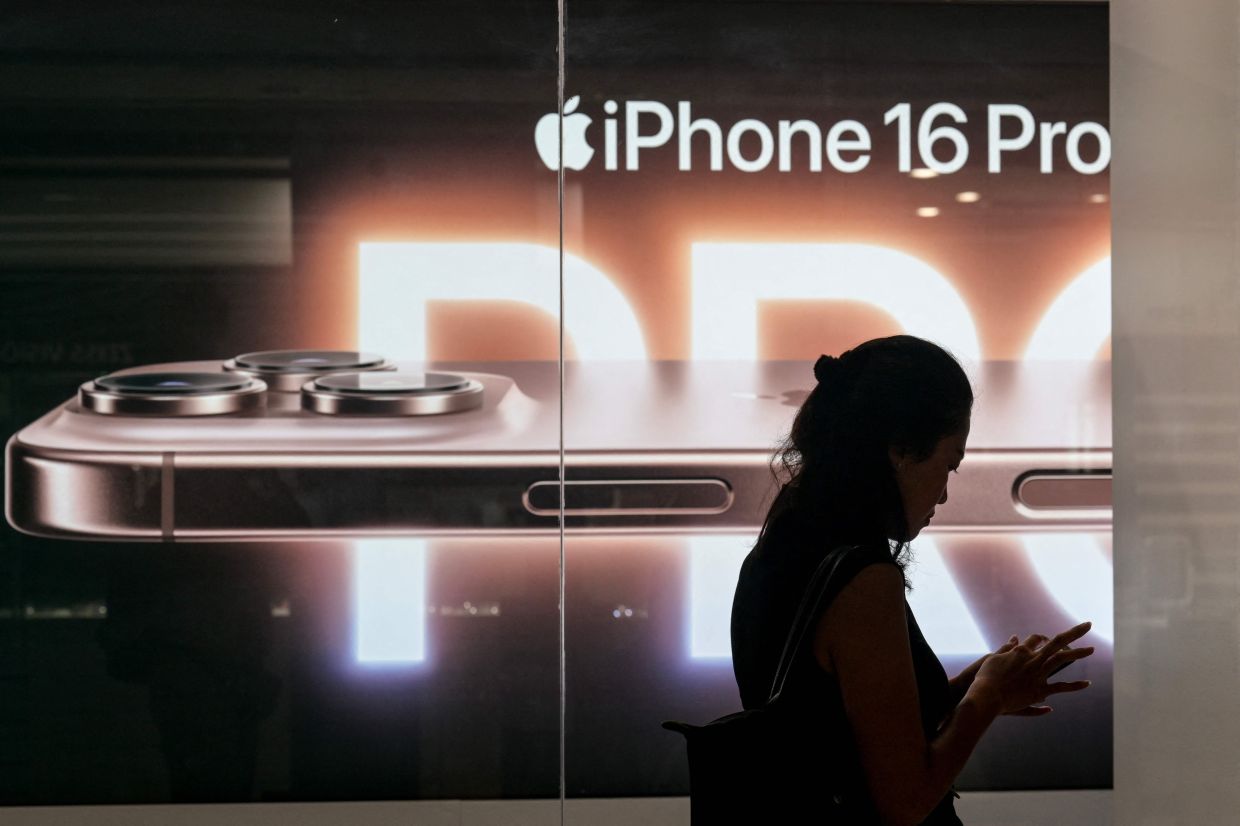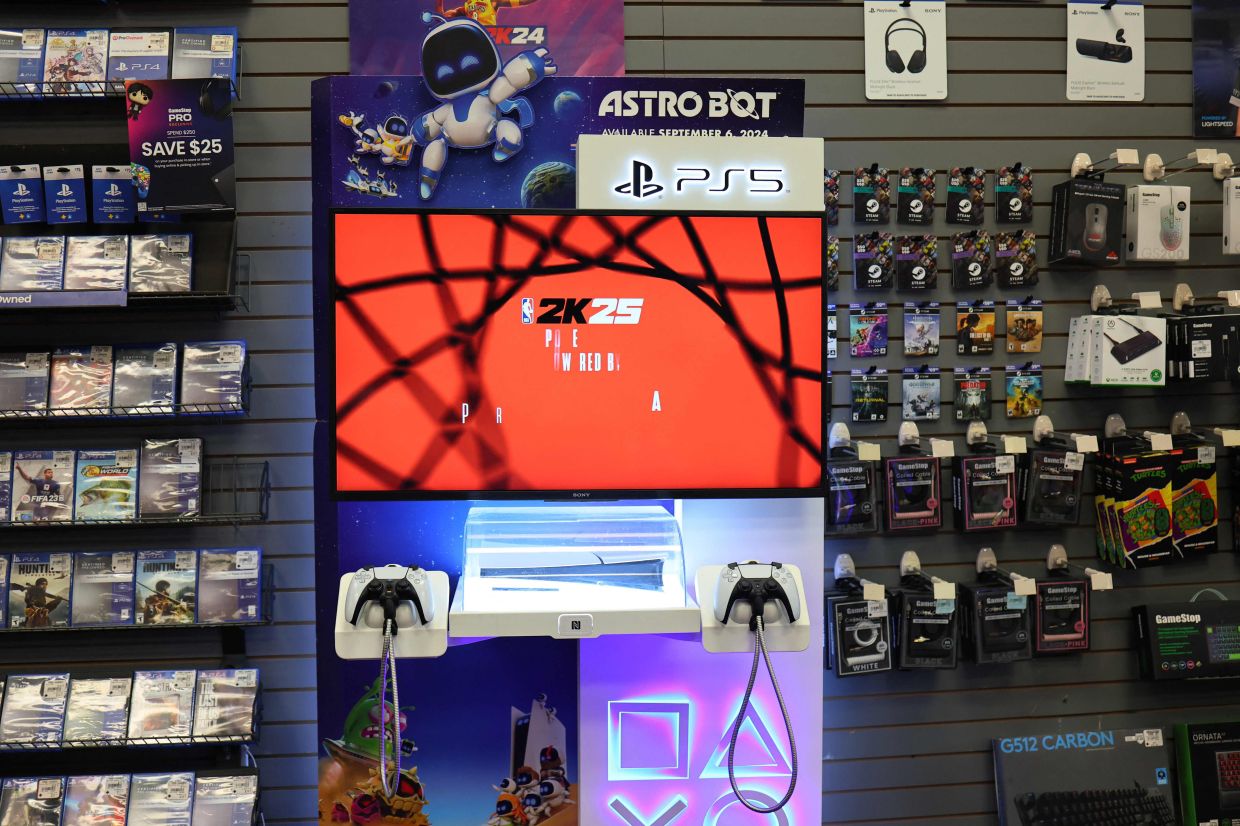
FILE PHOTO: The logo for Google LLC is seen at the Google Store Chelsea in Manhattan, New York City, U.S., November 17, 2021. REUTERS/Andrew Kelly
LONDON (Reuters) -A selloff of Alphabet Inc shares knocked $100 billion in market value from Google's parent company on Wednesday after its new chatbot shared inaccurate information in a promotional video and a company event failed to dazzle, feeding worries the tech giant is losing ground to rival Microsoft Corp.
Alphabet shares slid nearly 9% at one point, while Microsoft shares jumped around 3% before paring gains. Reuters was first to point out an error in Google's advertisement for chatbot Bard, which debuted Monday, about which satellite first took pictures of a planet outside the Earth’s solar system.
Save 30% and win Bosch appliances! More Info










































